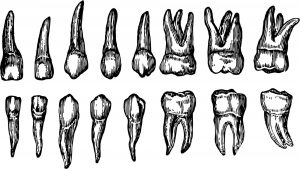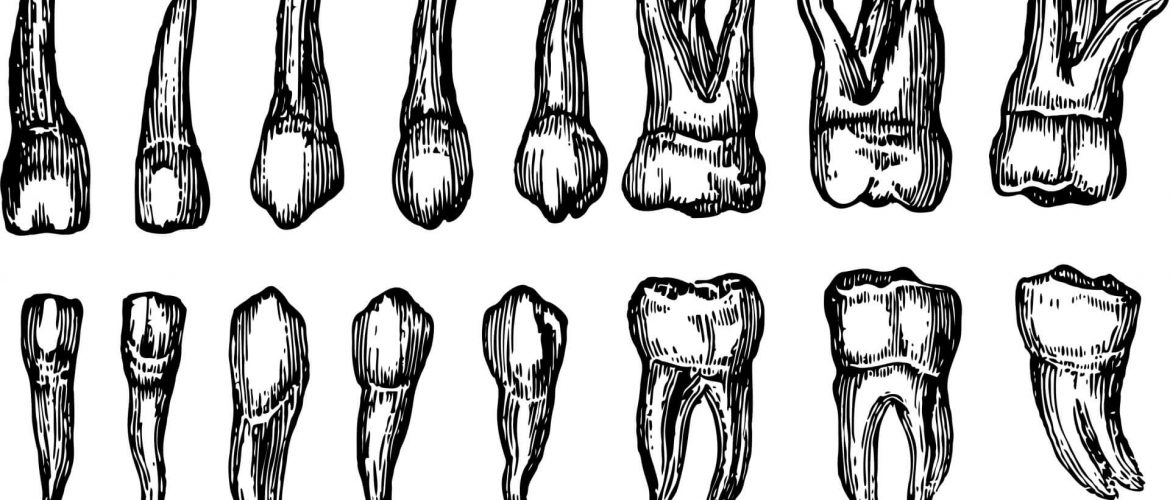Could the failure of nursing home staff to ensure that residents are performing dental hygiene for themselves or that assistance is provided to those unable to brush and floss be considered abuse and neglect and result in providing substandard quality care? [F600 Free from Abuse and Neglect, F684 Quality of Care, F790 Dental Services]
Compliance Perspective – Poor Dental Hygiene
Policies/Procedures: The Compliance and Ethics Officer with the DON should review the policies and procedures for oral care of residents and ensure that dental hygiene is integrated into the regular daily quality of care protocols (bathing, shaving, brushing teeth, etc.).
Training: Staff must be trained about the importance of dental hygiene in the overall care of residents and methods of providing regular dental care to residents who are resistant to having it done for them.
Audit: An audit will be performed periodically to ensure that residents are receiving daily dental hygiene and dental check-ups by a dentist/oral hygienist either in-house or at a dental facility.
The daughter of a resident with dementia noticed that his electric toothbrush was not being used over a long period of time. Realizing that his teeth were not being brushed, she began brushing them when she visited. When the resident began complaining of a severe, unrelenting headache, the daughter asked the staff repeatedly to make a dental appointment for him.
During his dental visit, the dentist found that one of the resident’s teeth had broken in half and one of the halves was lodged in the roof of his mouth. The daughter was upset with the nursing home because her father had dental insurance, and she had been reporting her father’s pain and asking them to make a dental appointment to the extent she felt she was badgering the staff.
A dentist who treats nursing home residents was interviewed and told a reporter from the New York Times, “The lack of daily oral care in nursing facilities is “an epidemic that’s almost universally overlooked.”
Another dentist responded, “I always say you can measure quality in a nursing home by looking in people’s mouths, because it’s one of the last things to be taken care of. Aides change someone’s Depends, change a catheter or turn somebody every few hours, but teeth often don’t get brushed twice a day.”
There have been several studies reporting that dental neglect can lead to terrible pain, and there are indications that poor dental hygiene may contribute to the problem of pneumonia that is a leading cause of death in nursing homes.
Aides are often so overwhelmed with other tasks like helping a resident to the toilet or repositioning them in bed that brushing teeth often may be neglected. Additionally, staff are frequently not trained in how to provide routine brushing and dental care for a resident with dementia who is resistant to having it done.
The Omnibus Budget Reconciliation Act of 1987 mandated that along with bathing, repositioning to avoid pressure ulcers and other tasks, nursing staff are expected to brush the teeth of residents who cannot do it themselves.












































































